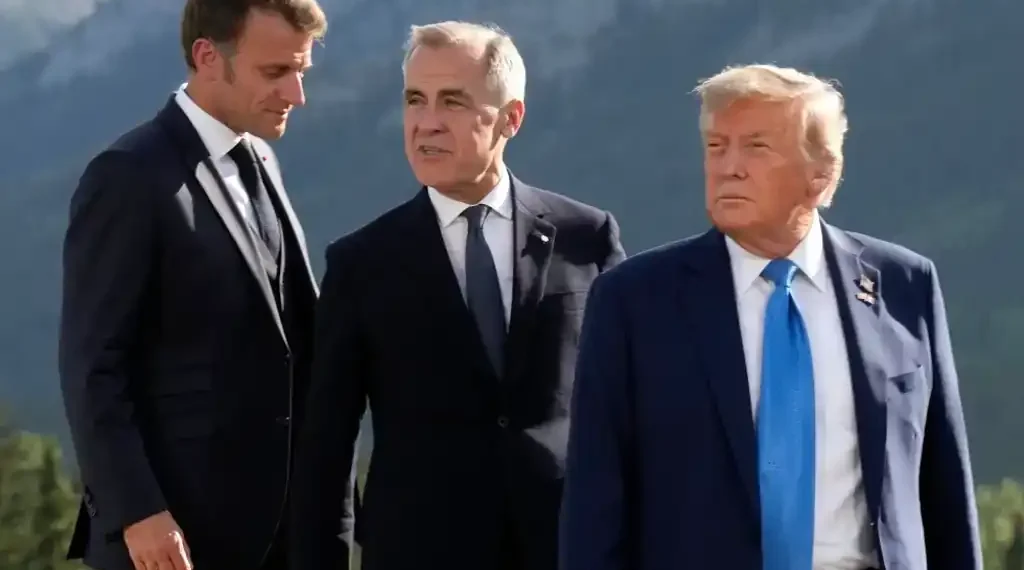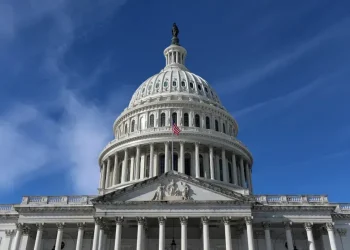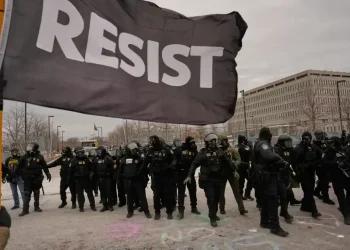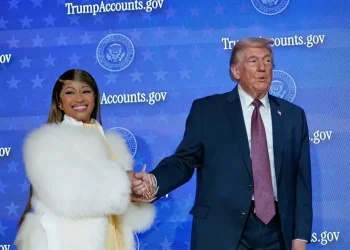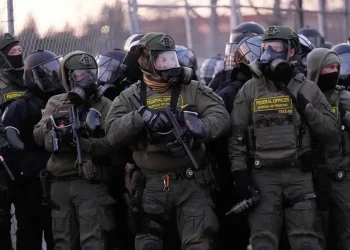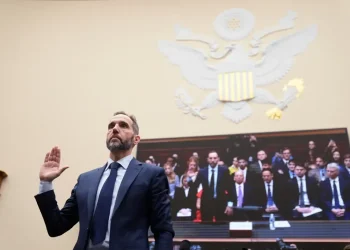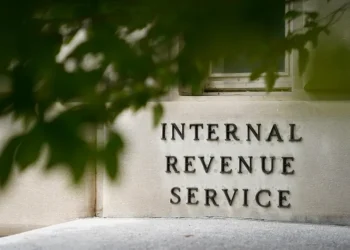Trump warns Canada’s recognition of Palestine may derail U.S. trade deal
Writing time: July 31, 2025, 16:00 (U.S. Eastern Time)
Former U.S. President Donald Trump has raised concerns over Canada’s recognition of a Palestinian state, saying it could jeopardize ongoing trade negotiations. In a social media post, Trump suggested that Canada’s diplomatic decision may complicate efforts to finalize a trade agreement, intensifying tensions between the two allies.
Trump ties Canadian foreign policy to trade pressure
In a message posted Thursday on his platform Truth Social, Trump criticized Canadian Prime Minister Mark Carney’s recent announcement supporting Palestinian statehood. “Wow! Canada has just announced that it is backing statehood for Palestine,” Trump wrote. “That will make it very hard for us to make a Trade Deal with them. Oh’ Canada!!!”
The remarks signal an unusual linkage between foreign policy decisions and trade negotiations. Trump has frequently used tariffs and trade threats as political tools, but experts say tying diplomatic recognition of a foreign state to trade penalties is rare and contentious.
Tariff threats ahead of trade deadline
Trump reiterated a prior threat to impose a 35% tariff on Canadian imports if an agreement is not reached by Friday. This deadline, self-imposed by Trump as part of his broader trade agenda, would affect dozens of U.S. trading partners, including Canada.
While some Canadian goods remain shielded under the United States-Mexico-Canada Agreement (USMCA), that agreement is due for renegotiation in 2026. Trump has signaled dissatisfaction with certain terms and hinted at revisions if he returns to office.
A spokesperson for Canadian Prime Minister Mark Carney declined to comment on the former president’s statements.
Global recognition of Palestine grows
Canada’s decision to recognize Palestinian statehood follows similar moves by France and the United Kingdom. French President Emmanuel Macron recently expressed support for a two-state solution, while British Prime Minister Keir Starmer announced plans to recognize Palestine by September—conditional on an Israeli ceasefire in Gaza and steps toward peace.
Despite this trend among Western allies, Trump’s position has remained ambiguous. Earlier this week, he told reporters he had “no position” on Palestinian recognition, though he later stated that doing so would be “rewarding Hamas,” referencing the October 7, 2023, attack by the group that triggered Israel’s military response.
The Biden administration, by contrast, has maintained cautious support for a two-state solution while calling for de-escalation in Gaza.
Trump mixes foreign policy with economic retaliation
The trade threat against Canada comes on the heels of Trump’s attempt to penalize Brazil after former President Jair Bolsonaro—an ideological ally—was indicted. Trump had previously warned of tariffs on Brazilian goods as retaliation for what he characterized as politically motivated legal actions against Bolsonaro.
This pattern reflects Trump’s broader approach to trade as a tool for exerting influence across foreign policy, domestic politics, and international diplomacy. In past months, he has cited reasons ranging from human trafficking and fentanyl control to budget balancing as justifications for new tariffs.
Analysts question strategy
Trade analysts and former diplomats say the Trump approach risks complicating bilateral negotiations and diminishing the credibility of U.S. economic diplomacy.
“Using trade as leverage for foreign policy positions is not unprecedented, but doing so this bluntly—especially in response to symbolic recognition—is unusual,” said Jennifer Blackstone, a senior fellow at the Center for Global Trade Studies. “It could set a precedent that encourages further fragmentation in international trade norms.”
Canada’s move, though largely symbolic, signals a broader global shift in sentiment toward Israel’s military operations in Gaza. As civilian casualties mount and humanitarian concerns grow, more nations are reconsidering their stance on Palestinian sovereignty.
Domestic and international implications
For Trump, the issue also intersects with campaign messaging ahead of the 2024 U.S. presidential election. Presenting himself as a tough negotiator and defender of U.S. interests, Trump has used trade and tariffs to rally political support, especially among American manufacturers and nationalist voters.
However, critics argue that linking economic decisions to unrelated foreign policy disputes—such as Canada’s recognition of Palestine—risks undermining strategic partnerships.
Meanwhile, Canada’s position aligns with a growing bloc of nations advocating for Palestinian statehood as part of a long-term peace framework. The move reflects growing international frustration over the humanitarian crisis in Gaza and the lack of progress on Israeli-Palestinian negotiations.
What’s next for U.S.-Canada trade?
As of now, no formal renegotiation of the USMCA has begun, and Carney’s government has not responded publicly to Trump’s threats. The situation remains fluid, with Friday’s trade deadline looming and broader geopolitical tensions simmering.
If the former president follows through on his tariff threats, economic impacts could be felt on both sides of the border. Canada remains one of the United States’ largest trading partners, and any escalation in trade disputes could affect industries ranging from agriculture and energy to technology and automotive exports.
This article was rewritten by JournosNews.com based on verified reporting from trusted sources. The content has been independently reviewed, fact-checked, and edited for accuracy, neutrality, tone, and global readability in accordance with Google News and AdSense standards.
All opinions, quotes, or statements from contributors, experts, or sourced organizations do not necessarily reflect the views of JournosNews.com. JournosNews.com maintains full editorial independence from any external funders, sponsors, or organizations.
Stay informed with JournosNews.com — your trusted source for verified global reporting and in-depth analysis. Follow us on Google News, BlueSky, and X for real-time updates.
